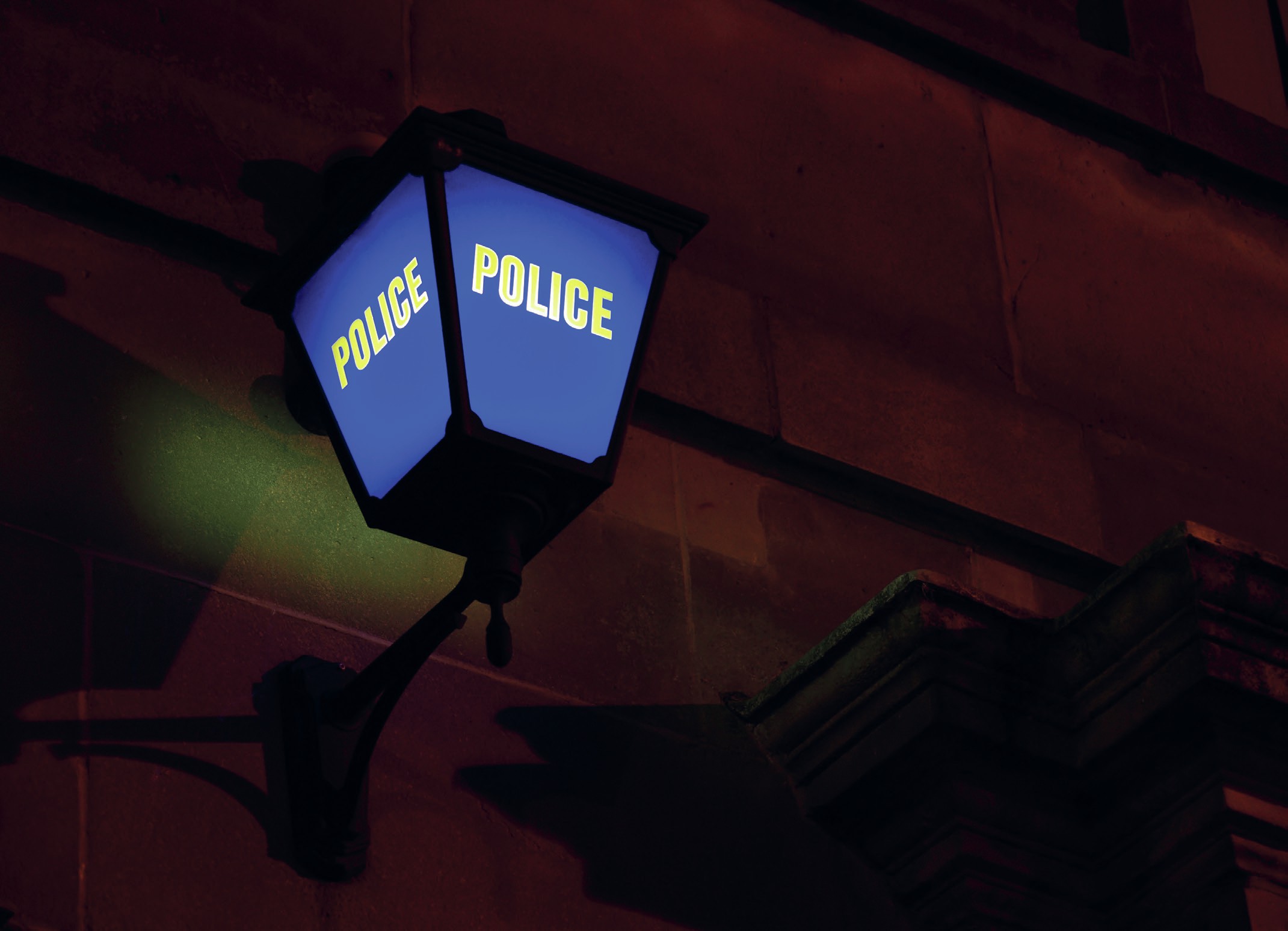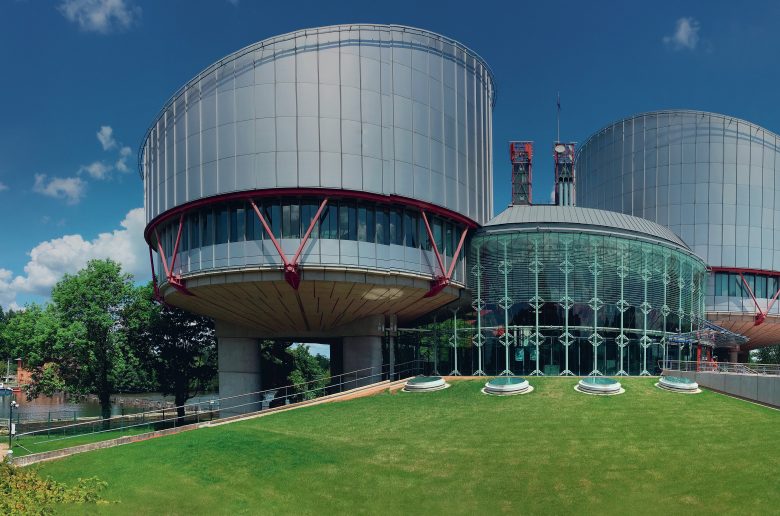
Two of the main objectives of the police service are to protect the public and prevent crime. The powers that the police are given to allow them to carry out this role effectively must be used in a way that is compatible with the European Convention on Human Rights (see pp. 30–32). The individuals exercising the powers are personally responsible for using them in a lawful, proportionate and necessary way.
The various police powers can be split into three broad categories. The police are encouraged to use these powers by consent, and in an effective and fair manner to maintain public faith in the police, thereby encouraging the general public to work with them. This allows the police to build community confidence and encourages people to be more socially responsible, helping to reduce crime and disorder.
Your organisation does not have access to this article.
Sign up today to give your students the edge they need to achieve their best grades with subject expertise
Subscribe




